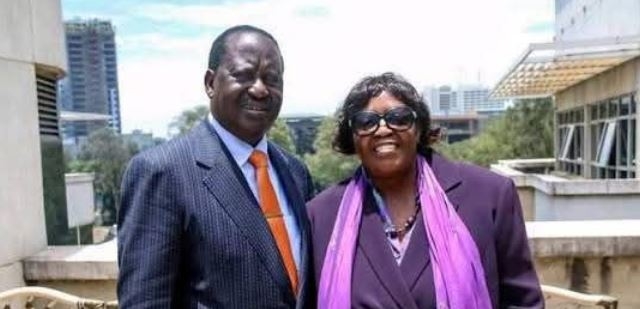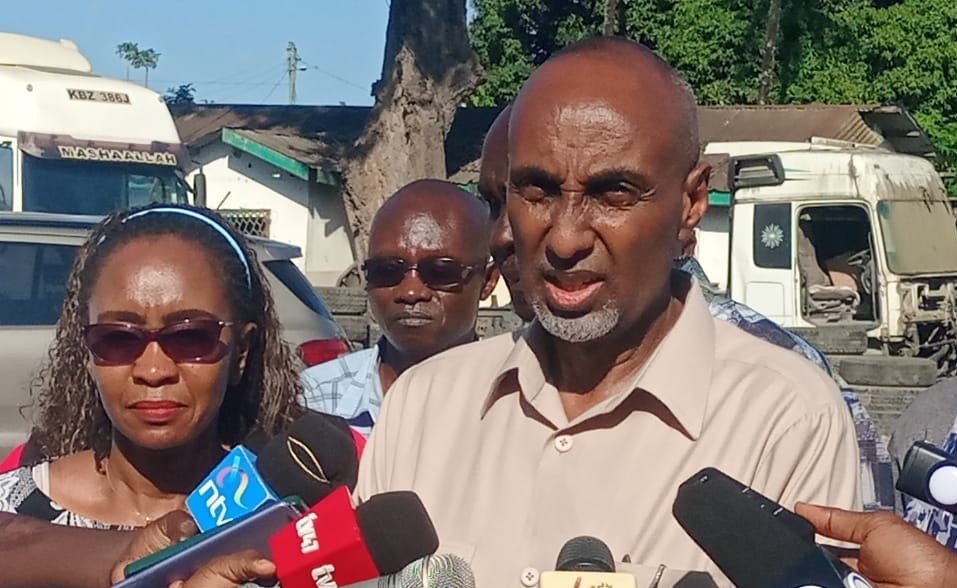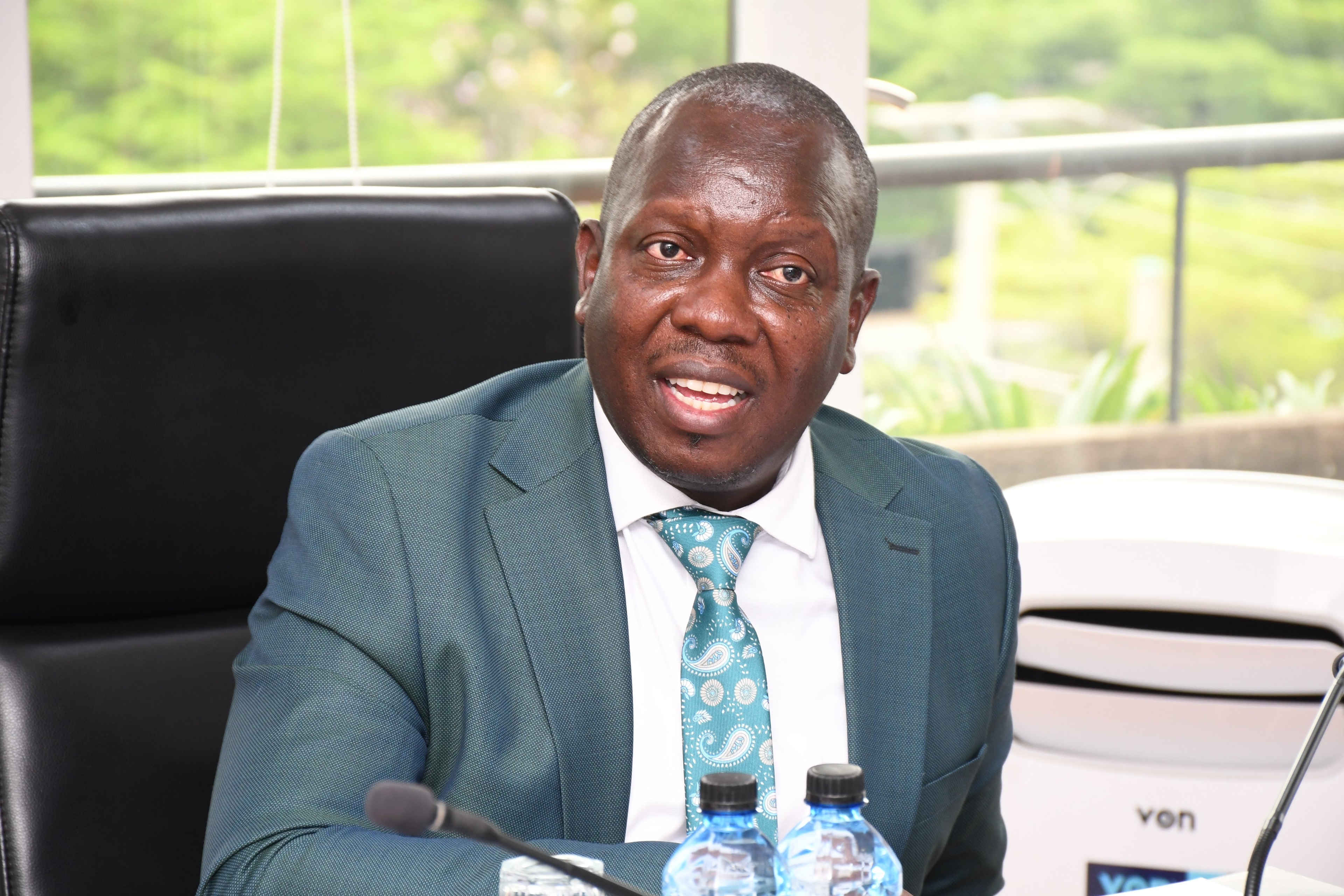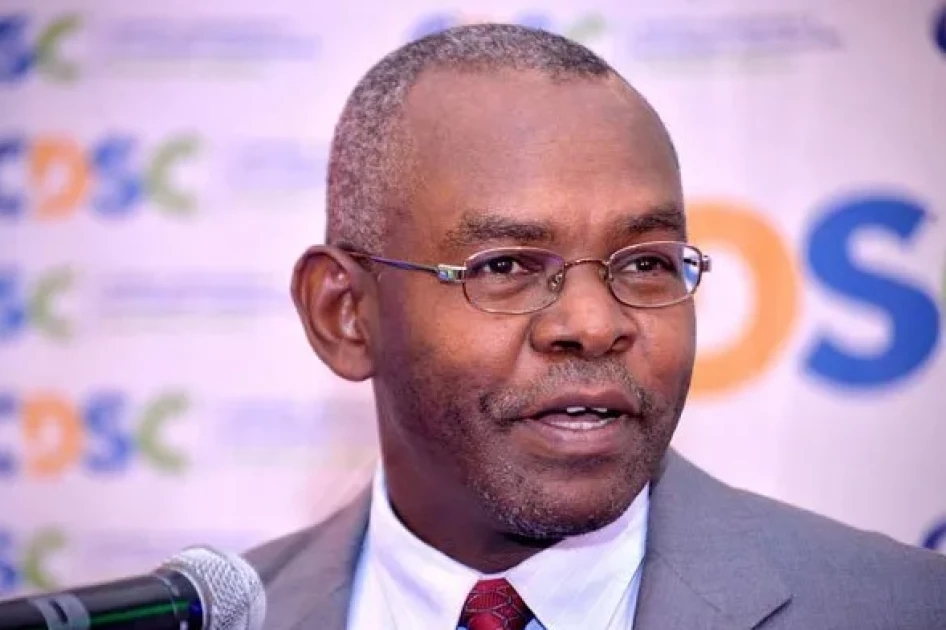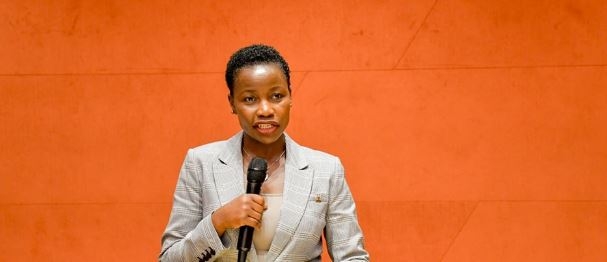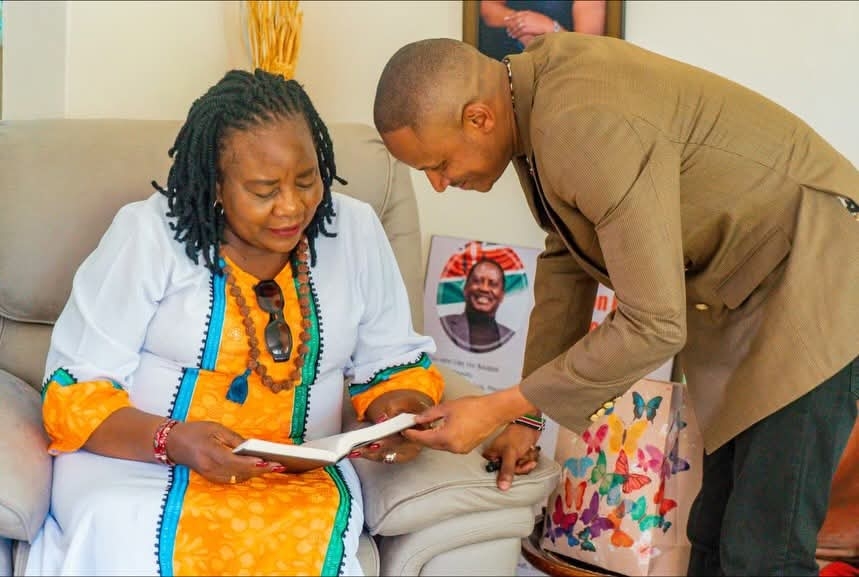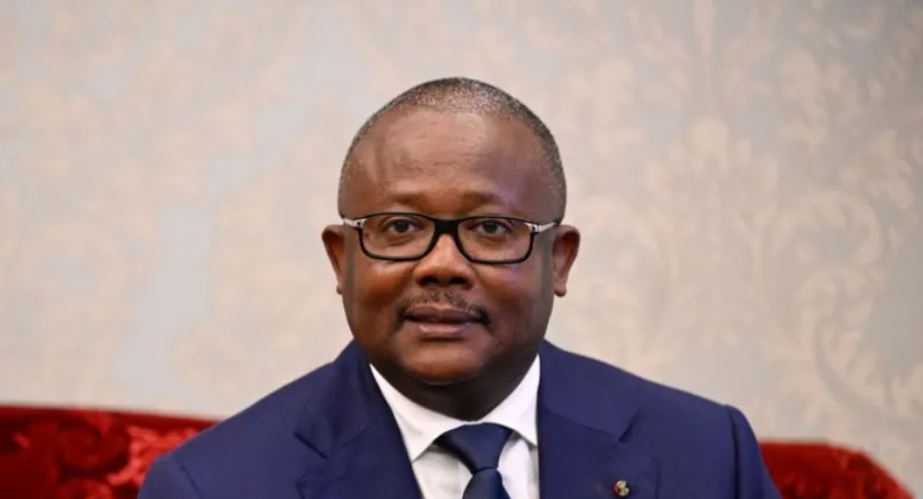United Nations Secretary-General Antonio Guterres has appealed to member states to collaborate towards guarding against the negative effects of Artificial Intelligence on humanity.
Speaking on Wednesday at the 79th session of the UN General Assembly in New York, USA, Guterres said a handful of companies and individuals have already amassed enormous power over the development of AI, but with little accountability or oversight.
The UN boss warned that if this trajectory continues in the absence of a global approach to its management, AI could lead to artificial divisions across the board and enormous consequences for all.
“We know AI is rapidly advancing, but where is it taking us. To more freedom or more conflict? To a more sustainable world—or greater inequality? To be better informed or easier to manipulate?” Guterres asked a parked auditorium of heads of state and government.
The UN boss said the solution to the danger that AI poses to the world can be averted by the assembly adopting two critical resolutions: the Global Digital Compact and the recommendations of the High-Level Body on AI, which he said can lay the foundation for inclusive governance of AI.
“Let’s move forward together to make AI a force for good,” Guterres appealed to the world leaders.
The Global Digital Compact is an initiative proposed in the United Nations Secretary General António Guterres's Common Agenda whose aim is to ensure an open, free, and secure digital future for all.
More broadly, the Compact could aim at promoting the regulation of artificial intelligence to ensure that this is aligned with shared global values.
The office of the Secretary General’s Envoy on Technology said leaders at UNGA adopted a Pact for the Future that includes a Global Digital Compact, which was formulated after hearing from everyone everywhere – individuals, groups, associations, organisations and entities.
The United Nations Secretary General’s High-level Advisory Body on Artificial Intelligence (HLAB-AI) on the other hand released its proposals on September 19 for global governance on AI.
The groundbreaking report outlines a blueprint for addressing AI-related risks and sharing its transformative potential globally.
The advisory body says member states can make AI safer by laying the foundations of the first globally inclusive and distributed architecture for AI governance based on international cooperation.
It also proposes seven recommendations to address gaps in current AI governance arrangements noting that out of 193 UN member states, only seven are party to seven recent prominent AI governance initiatives.
“118 are missing entirely, primarily in the Global South. No global framework exists to govern AI. With its development in the hands of a few multinational companies in a few countries, the impacts of unleashing AI risk being imposed on most people without their having any say in the decisions for doing so,” the report notes.
The advisory body called on all governments and stakeholders to work together in governing AI to foster development and protection of all human rights.
"I've been fighting for the ideas in these documents since the first day of my mandate, and I will be totally committed to their implementation," Guterres said on Sunday, September 22.
He said the adoption of the Pact for the Future, the Global Digital Compact and the Declaration on Future Generations is a step-change towards more effective, inclusive, networked multilateralism.
Guterres’ push for global governance of AI comes amid rising concerns of the use of the technology to develop deepfakes.
Deepfakes are images, videos, or audio which are edited or generated using artificial intelligence tools to depict real or non-existent people.
Deepfakes are generated by machine-learning algorithms combined with facial-mapping software that can insert that data into digital content without owner’s permission.
Already, thousands of famous people have been victims of deepfake with singer Taylor Swift among most recent victim of explicit deepfake images which went viral on X (formerly Twitter).
Closer home, CNN International Correspondent Larry Madowo had his voice in April altered by AI make it sound like he was advertising a mobile app in Mandarin during an episode of Connect the World programme.
“I don’t know who is behind this scammy fake ad with my face and voice. Don’t fall for it. It’s AI-generated and I have nothing to do with it. Watch the original at the end of the video. In the deepfake AI future, how will people know what to trust? Madowo posed.
But even with such evolving risks courtesy of AI, many countries do not have laws that govern crimes committed using deepfake and rely on existing laws that cover crimes such as harassment, stalking, cyberstalking and invasion of privacy.



